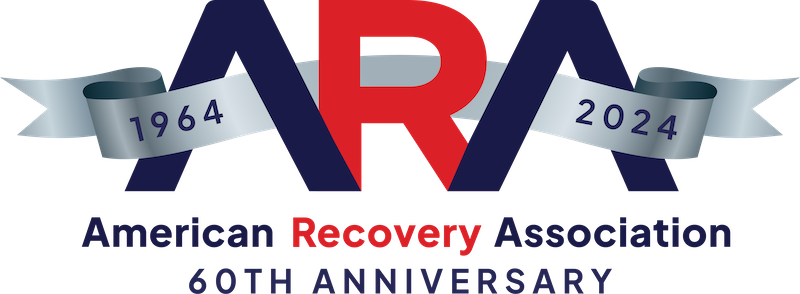Paul Kulas shares his thoughts on Automatic License Plate Recognition. The original version can be found HERE.
Automatic license plate recognition (ALPR), also know as automatic number plate recognition, is a hot topic in the automobile repossession industry. Over the next posts, we’ll take a close look at ALPR from the perspective of clients, forwarders and repossessors. Like all advances, there’s nothing wrong with ALPR itself, it’s just a technology—and a pretty cool one. But it has raised a lot of questions and concerns over privacy and civil liberties. So much so that lobbyists and law makers across the political spectrum are tracking this issue closely. At the start, here’s what you need to know about ALRP.
The Trend From Public to Private
The National Security Agency (NSA) has gone from a governmental agency that most had never heard of to Page 1 news. The documents Edward Snowden released detail a chilling description of a surveillance state. The leak of these documents has been headline news since the story broke over six months ago. Americans are now well aware that all of their communications are subject to surveillance. Polls show they don’t approve.
When Facebook first came online in 2005, privacy was not on people’s minds. Instead, it was the novelty of being able to easily share with one another. Today, young people are hyperaware of the pitfalls of living in public. Facebook has gone from being hip and cool with younger people to being an afterthought. Facebook users now realize they’re not the customer — they’re the product being sold. Today, young people prefer services such as Snapchat, where their texts and pictures “vanish.” The trend is going away from Facebook and toward niche social sites with no ads or data mining. Blogging platforms such as Ghost are gaining traction.
Privacy Is a Hot-Button Issue
According to a new Associated Press poll, more than 60 percent of respondents said they value privacy over antiterrorism protections. This significant change in public priorities can be seen in the actions of both government and private policy makers.
In July 2012, American Civil Liberties Union (ACLU) affiliates in 38 states and Washington, D.C., sent 587 public records act requests to local police departments and state agencies to obtain information on how these agencies use license plate readers.
In July 2013, the ACLU published “You Are Being Tracked.” This seminal piece lays out the ACLU’s position on ALPR: It should only be available to law enforcement — with strict data retention policies.
In April 2014, State Sen. Jerry Hill, D-San Mateo, Calif., authored legislation that would restrict how information gathered by ALPR systems is shared and sold, while at the same time making the data more accessible to law enforcement.
ALPR is most likely headed to the Supreme Court. But one case in the Supreme Court will not decide ALPR’s future. ALPR is a hot-button issue that both sides will fiercely battle for years to come.
About Paul Kulas
Paul Kulas is the founder, and Head Belle Ringer, of Belles Camp Communications LLC and BellesLink.com. When Paul isn’t working he’s skiing or discovering his next big idea while playing in the mountains right outside Belles Camp’s door in Eagle, CO. | Connect on Linkedin
